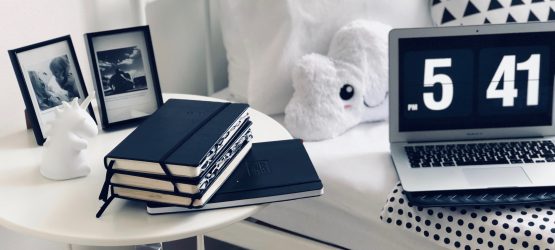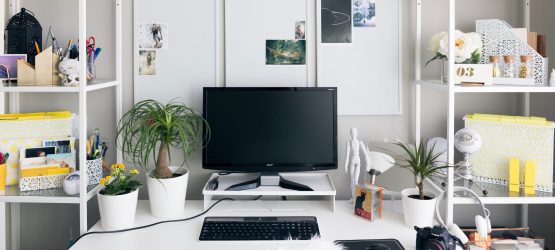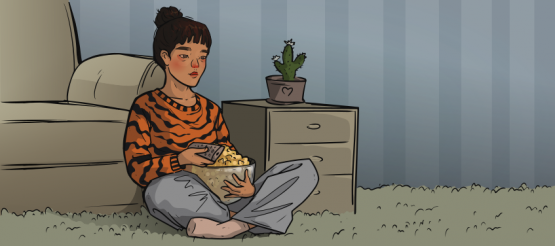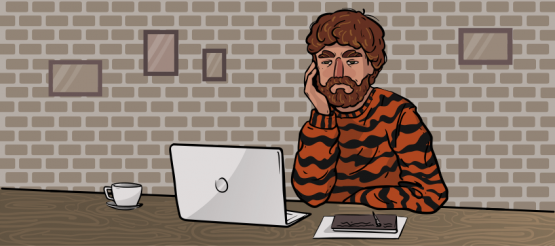Proven Tips for Better Sleep
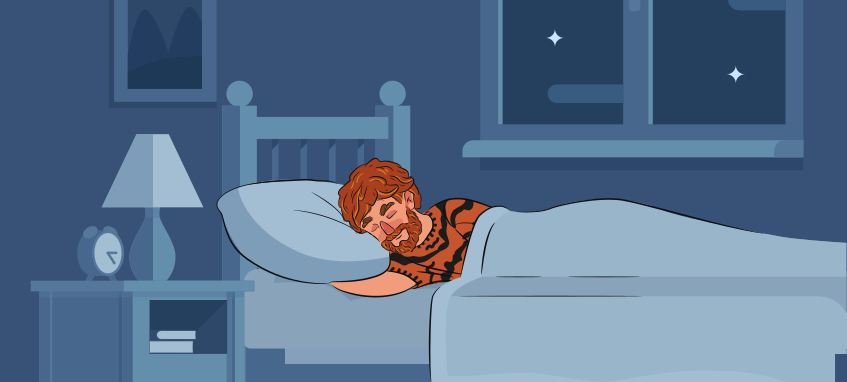
We all know how much our life depends on the quality of our sleep. Energy levels, motivation, procrastination, and focus – all of these things are highly affected by your sleep schedule. If you face difficulties falling asleep or if you suffer because of insomnia, here are a few tips for you.
Consistent Times
The first tip is one of the most effective when it comes to improving your sleep hygiene. Try to create a schedule to make sure you go to bed and wake up at similar times every day. It seems like an easy thing to do, though it’s not.
Being a student means experiencing various stresses and facing difficulties with daily schedules. You might have to pull all-nighters or want to go to a party – it’s an inevitable part of students’ life. Should you really avoid all of these things? Definitely no. A party won’t hurt much if it’s not a regular thing.
What you should do is to figure out what time in the morning is the best for you to wake up according to your weekly class schedule. Try to have at least 8 hours of sleep daily – you will see at what time you need to go to bed. Try to stick to this schedule at least five days a week. A regular sleeping pattern will improve the quality of your sleep, and you will spend less time falling asleep.
Set the Bedroom Temperature
It’s hard to sleep when it’s too cold or too hot in your room. That might be the reason for you to wake up in the middle of the night.
Start with airing your room every evening before going to bed. Fresh air is great for everyone who struggles because of insomnia. It gives us oxygen and helps regulate blood circulation, which in its turn helps your brain activity. When your brain works as needed, it has no difficulties with defining the perfect rhythm and sleep pattern that energizes you and gives you the rest you need.
So, the perfect temperature for sleep is about 60-68°F. Regulate the temperature in your room and wear pajamas if it seems too cold for you. You might also need to buy some blinds or curtains to make the room as dark as possible. If you don’t have such an opportunity, a sleeping mask is another great option. It’s curious, but not everyone bothers about the temperature and the darkness of the room when they are going to bed.
Avoid Using Gadgets Before Sleep
The blue light coming out of the screens of our devices is one of the reasons why more and more people nowadays have insomnia. It is proven that blue light activates our brain to work more intensively, resulting in the inability to go to sleep when needed. It also causes eye strain which badly affects sleeping hygiene.
Avoid using your tablet, computer, or cellphone for at least two hours before sleep. It’s much better to play a board game, read a book or go for a walk.
Use a Leg Pillow
That’s not what many people do, but it helps – put a pillow between your knees when sleeping on aside. This will instantly ease the pressure in your spine and relief your back pain if you have it. It will also help you feel as comfortable as possible, making falling asleep quicker and the sleep itself tighter. Sleeping like a baby is not just a fancy idiom – it comes from the position of the baby in the mother’s womb and the minimum pressure that the baby experiences. It’s the most natural and comfortable way to sleep, though it’s impossible – we don’t sleep in the water, you know. So, the leg pillow helps you at least minimize the pressure and improve the quality of your sleep.
Take a Shower or Bath Before Sleep
The majority of us are used to taking showers in the morning to feel fresh when going to class or work. However, taking a shower before going to bed is one of the best things to improve your sleep (not a cold one, of course). So, create a habit or a ritual to take a warm relaxing shower before bed. It will help your muscles relax and will take some stress away to help you drift off faster.
Avoid Drinking Caffeine in the Evening
Caffeine is your friend when you need to finish a long essay or stay awake during some dull lecture. But when you need to go to bed, caffeine is not a helper.
Not also coffee contains large portions of caffeine, but also tea and many various sodas and other drinks. Drink water or warm milk when you are going to bed and also don’t each much a few hours before sleep.

